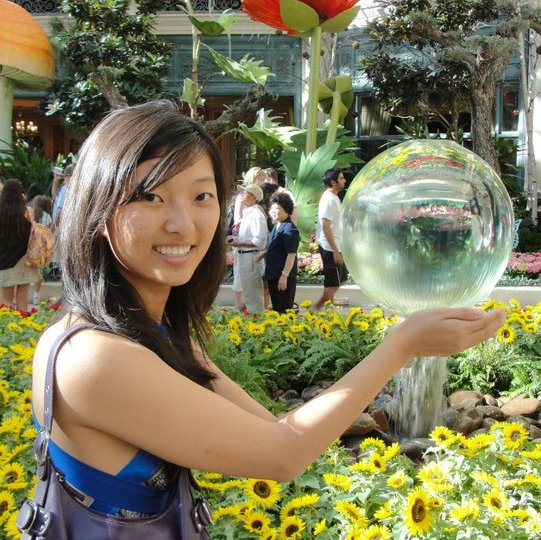I was watching this video of Aimee Mullins about adversity, and the thing that struck me, strangely enough, was not her main message, but the moment when she spoke of “childlike curiosity.” I do agree with her message and the powerful way that language sets a precursor, as well as the strength of the human spirit. So I suppose that’s why everything else she said didn’t hit me the way that the reference to curiosity being childlike did.
Why did that part stand out? Well, because I wondered why attributes like wonder and curiosity and innocence are so often described as “childlike.” It’s as if we no longer recognize that adults can be like that and when they are, it’s a rare thing. What’s wrong with “adult-like” curiosity? What has happened in our society that makes everything children do so great and everything that adults “grow into” so bad? Actually, I think that’s exactly what happens because of society. Because we have this sort of structure, at a certain age, things like responsibility and maturity take hold. Expectations develop into more serious ones and we lose much of our freedom to do what we want, enjoy as we like, and not worry too much.
The good thing is that it seems our culture is more and more tolerant of “childlike” activities in adults. After all, records of generations past make them seem rather rigid, but that could just be because what is recorded is not the playful silly moments shared, but the serious and “important” moments had. Nevertheless, I still do feel that generally we are heading towards habits that allow more carefree expressions from older people. I just hope that soon we can progress to such a point that people who sing in public because they are happy aren’t given strange looks as if they’ve lost their minds. Or that fully-grown men and women can get child’s meals without feeling shameful.
Speaking of, why is it that small portions are only allowed to those under a certain age? It’s like the problem with McDonald’s Super Size meals – when you offer larger portions, people will get them*. And when they get them, they try their very best to finish the portions in front of them. So why not just offer smaller sizes and alleviate this pressure that people have looking at their uneaten food? I think we still stuff ourselves full much of the time because of our hunting and gathering days, when food wasn’t so easy to come by. Nowadays, it’s far too easy to overeat, and judging adults who want to get a “child’s” meal is part of the problem.
Personally, I believe in expressing your joy. People sometimes find me too enthusiastic or hyper when I am happy and excited. Generally, they enjoy it, though they are wary and wonder if I’m just a bit cuckoo. But why is that? Why can’t I burst into song because it was playing in my head? Why can’t I be giddy over the smallest victories? Why can’t I jump around and share my positive emotions? Well, I can. Just not without being judged. And that’s ok, I’m used to being judged. When I’m happy, I’m happy and I’ll show it if I want to. I think more people should.
I hope that people will learn to stop putting up the walls around themselves and open themselves up the way they did before society taught them otherwise. I think that’s what people mean when they refer to those childlike qualities. It’s freeing yourself from the bounds that society puts you in, even if just a little. Let’s not become drones and make all the motions going through life without experiencing and enjoying the way we did before the clamps started to pin us down.
*The issue of portion size and the poor eating habits is up for discussion in a future post – ironically, I just watched another TED video, this time about America’s (and now the world’s) eating problem.

